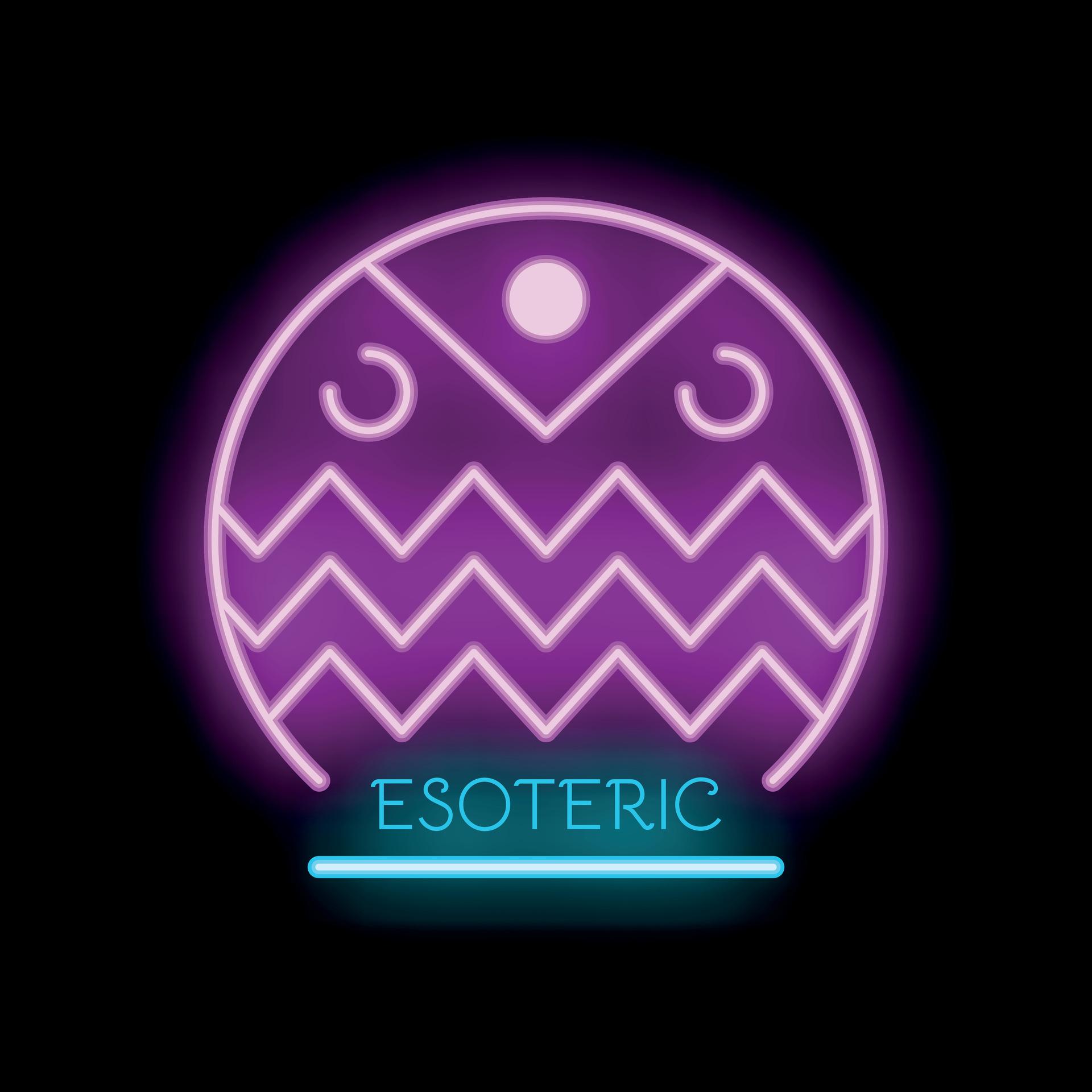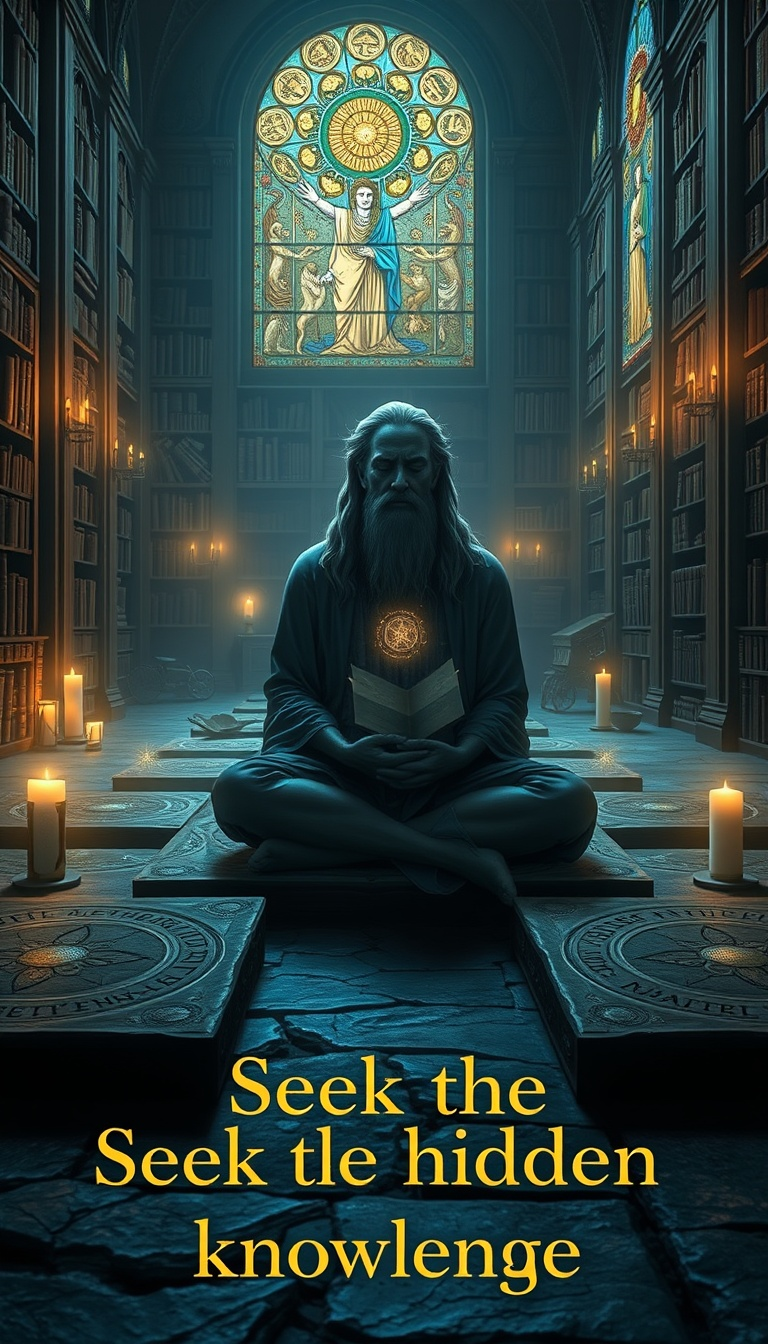Alexis Zorbas
**Zorba the Greek** (original Greek title: *Vioς kaαι Πολιτεία του Αλέξη Ζορμπά*) is a famous novel by the Greek author **Nikos Kazantzakis**, first published in 1946. The novel is one of Kazantzakis's best-known works and was also successfully adapted into a film in 1964 under the title *Zorba the Greek*, starring Anthony Quinn, which made the character Zorba an icon of world literature.
Synopsis
The novel tells the story of the narrator (whose name is never mentioned in the book), a reserved, intellectual man who undertakes a journey to Crete in search of a new meaning in life. There he meets Alexis Zorba, a passionate, life-affirming man driven by the world and its pleasures. Zorba is the narrator's opposite: he lives for the here and now, is extroverted, impulsive, and has an infectious zest for life. Zorba is a free spirit who is not constrained by conventions or social norms.
Zorba becomes a kind of teacher and mentor to the narrator, and the two spend time together running a mine in Crete. Through Zorba, the narrator learns to embrace life with all its ups and downs. Zorba shows him how not only to think, but also to feel and live—with all the passion that life has to offer. The story is a contrast between the narrator's world of books, philosophy, and knowledge, on the one hand, and the earthy, physical world of life and freedom that Zorba embodies, on the other.
Characters
1. Alexis Zorba: Zorba is the central character of the novel and one of the most fascinating figures in Greek literature. He is a man of extreme vitality and is portrayed as the epitome of Greek "hedonism" – a man who enjoys life with all his senses and approaches every challenge with an almost childlike enthusiasm. Zorba is impulsive, direct, emotional, and yet full of wisdom when it comes to dealing with life's difficulties. He is a free spirit who knows how to live in the present without worrying about the past or future.
2. The Narrator: The narrator is an intellectual, reserved man who has lost himself in a world of books and philosophy. He is a thinker who asks himself many questions about life but struggles to truly live it. Through his encounter with Zorba, he learns that life is more than just theory and thoughts – it is about passion, courage, and action in the here and now.
Themes and Motifs
1. Life and Death: A central theme of the novel is the confrontation with life and death. Zorba lives with an admirable devotion to life and is unafraid of death. The narrator, on the other hand, is characterized by a certain timidity and strives for an intellectual understanding of life, while Zorba encourages him to experience life directly.
2. Freedom and Self-Determination: Zorba symbolizes absolute freedom—both freedom from societal norms and freedom in the sense of inner independence. Zorba lives by the principle that one should enjoy life to the fullest, without being burdened by the past or worries about the future. The narrator, on the other hand, is a trapped thinker who seeks freedom but can only learn to experience it through Zorba.
3. Opposites of Mind and Body: The novel addresses the conflict between intellect and instinct, between rational thought and physical fulfillment. While the narrator dreams of a life of knowledge, Zorba challenges him to experience life directly. Zorba shows that true fulfillment is found not only in thinking, but also in acting and feeling.
4. Joy and Sorrow of Life: Zorba lives his life to its fullest – with joy and sorrow, love and loss. Kazantzakis shows that life consists not only of the happy moments, but also in the challenges and pain it brings. Zorba lives in harmony with life, accepting pain and celebrating joy.
Zorba as a Symbol
Alexis Zorba is not only an individual character, but also a symbol of life itself – wild, untamed, passionate, and at the same time transient. Zorba embodies Kazantzakis' philosophy of "active existence," in which a person doesn't just think about life, but lives it to the fullest. Zorba embodies the philosophy that man should surrender to life, with all its uncertainties, contradictions, and challenges.
Meaning and Influence
Zorba the Alexis is a profound work that raises questions about the meaning of life, how to deal with freedom, and raises the meaning of suffering. Zorba becomes a figure who represents both the Greek desire for freedom and the universal questions of humanity. The novel has inspired many readers worldwide and remains one of Nikos Kazantzakis's best-known and most influential works.
With its blend of philosophy, humor, and dramatic life moments, "Zorba the Great" is a classic of world literature, depicting the conflict between intellect and emotion, between thought and life, and teaching that life can only be understood in its full depth through experience and passion.
Links:
Free Reading: Tarot, Astrology and Numerology!




